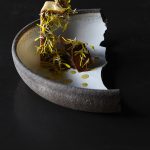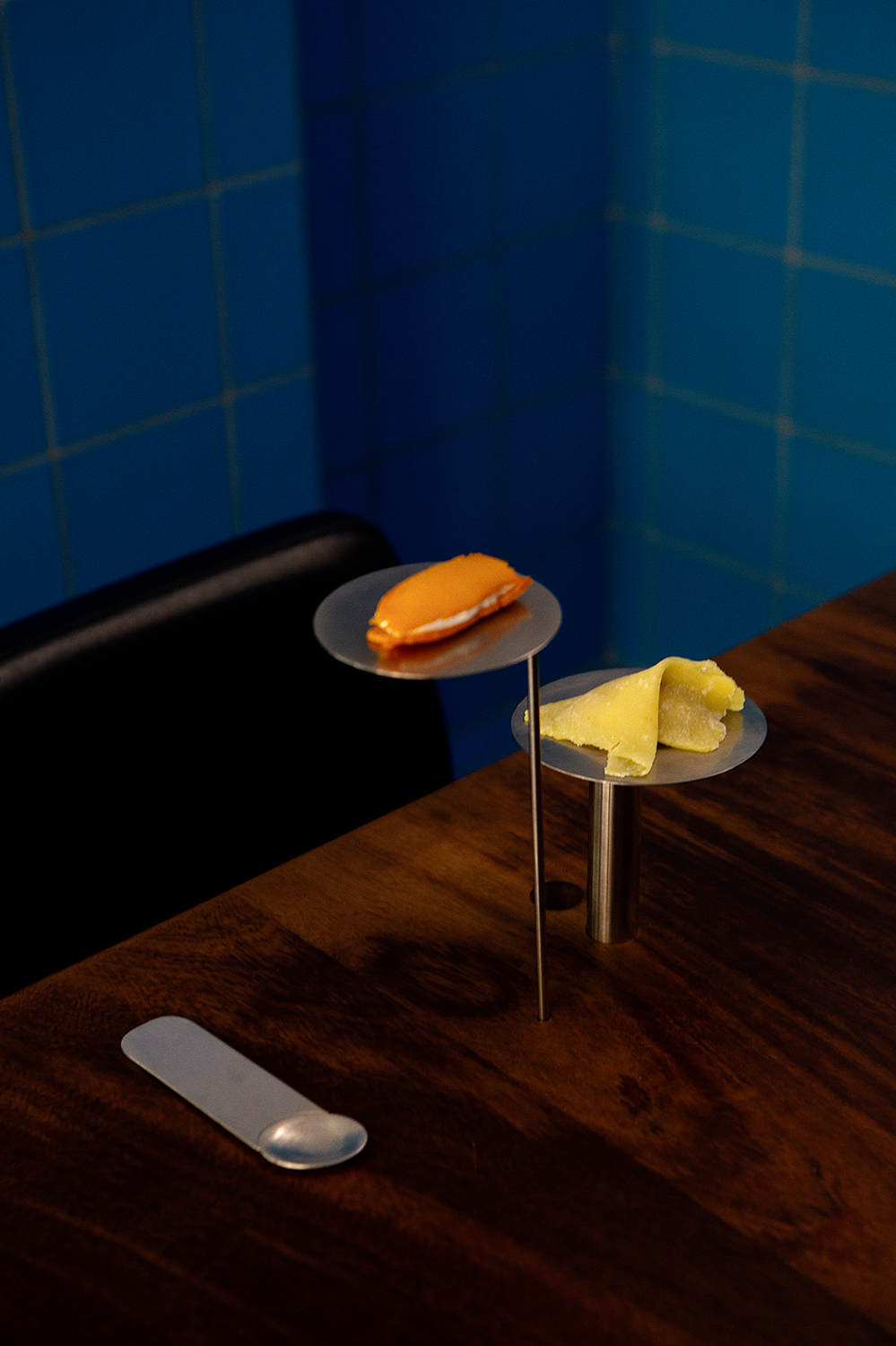
Comida Codac
A work of abstract culinary art
It’s nine o’clock in the evening, and I’m on time for my appointment at Comida Codac. The space, distributed over two floors, is full of nooks and crannies that give an intimate feel to an experience that will actually be communal. All the diners, myself included, will enjoy the same menu at the same time as if we were all players in a performance set on a very peculiar stage.
At Comida Codac, no dish is like anything you’ve ever tasted before. Each stimulus means leaving all certainty behind while chef Miquel Coulibaly (Barcelona, 1981) sets out the parameters of a Flavour Manifesto that he began writing, dish by dish, long ago. In this treatise, he questions the social construct that we call dining as a creative discipline, the use and neglect of our sense of taste, but also the way in which we move through the world. Miquel’s proposal is based on an absolute commitment to an idea: the creation of his own culinary language, stripped of all conventions, spoken through cuisine but going far beyond it.
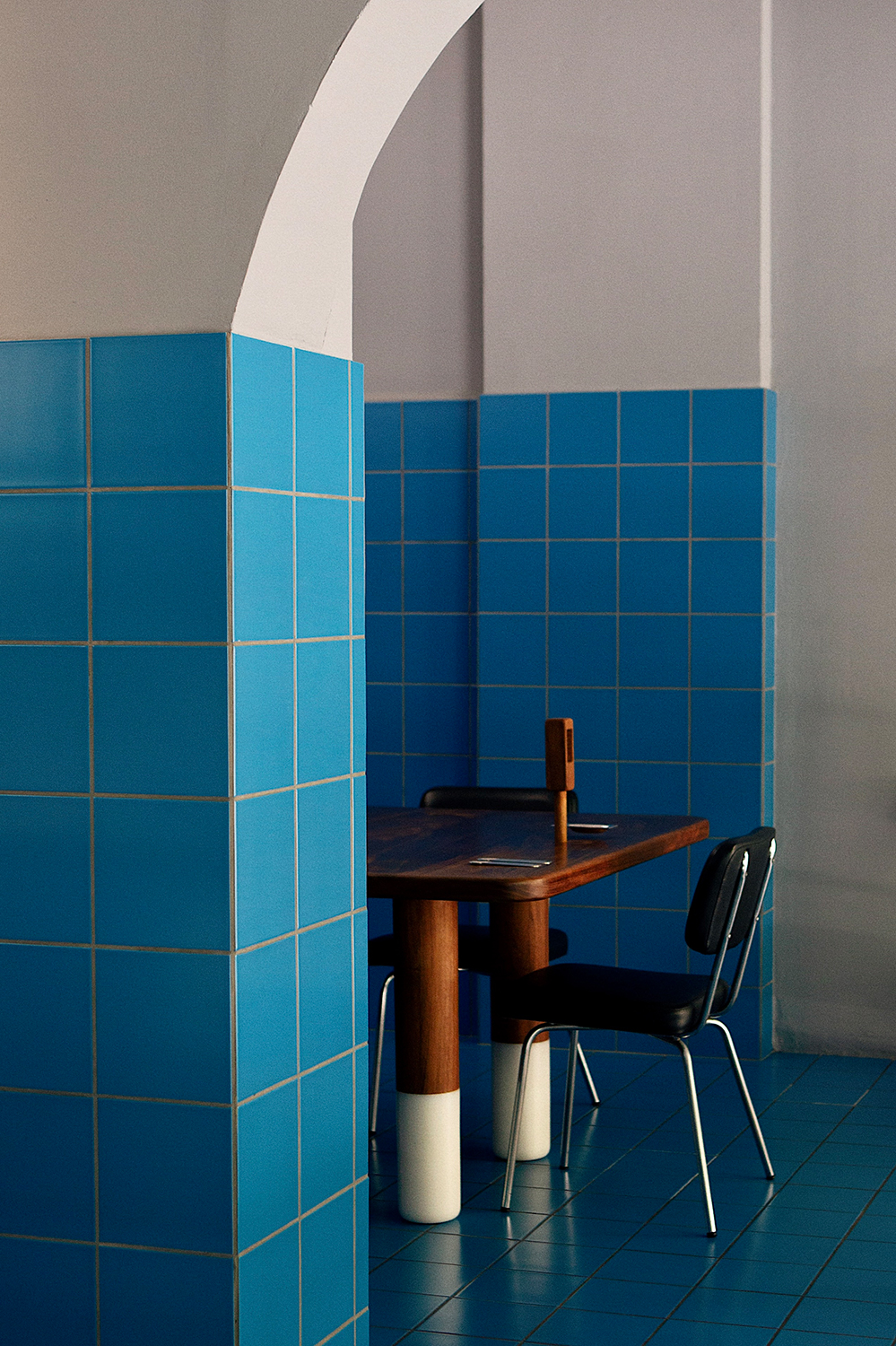

The Comida Codac team is small: Miquel, the project’s creative director, and Miriam Lechuga, who manages the dining room and provides design support for the graphics, as well as for the ceramic pieces and other materials that form part of the dining collections. Juguete Estudio, the frame for all this work, is a project born out of the need to establish both the substance and the form of the dining offer.
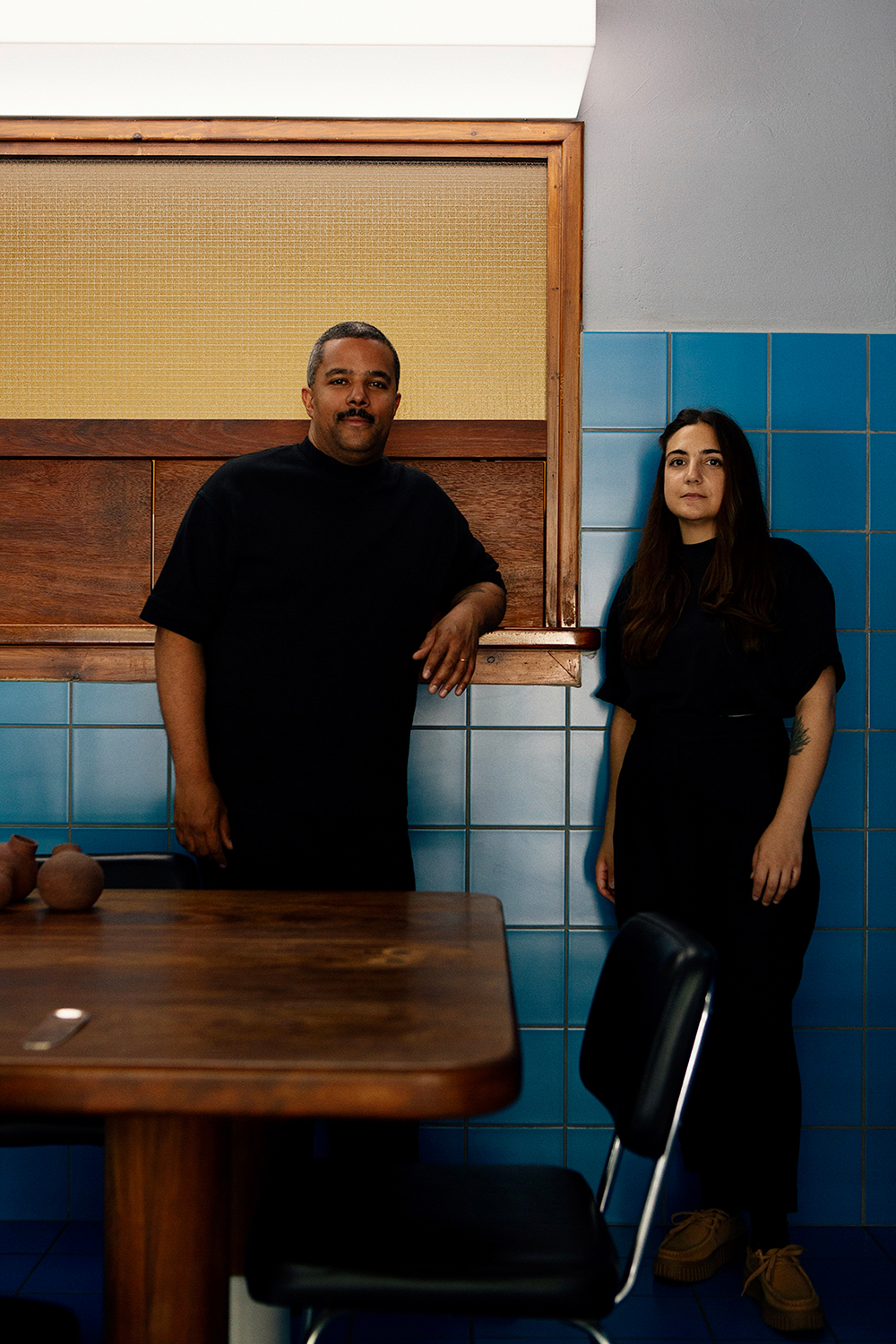
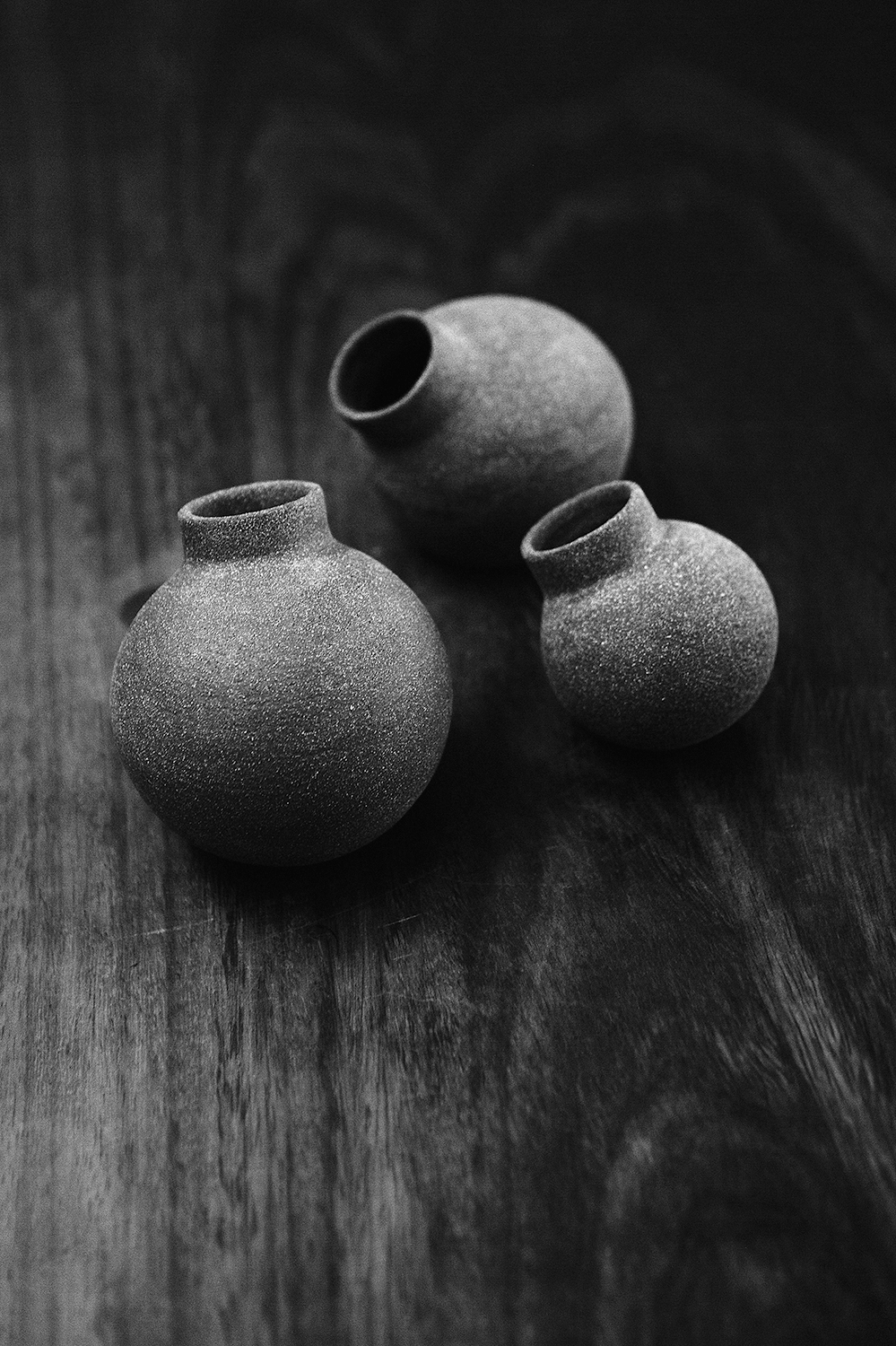
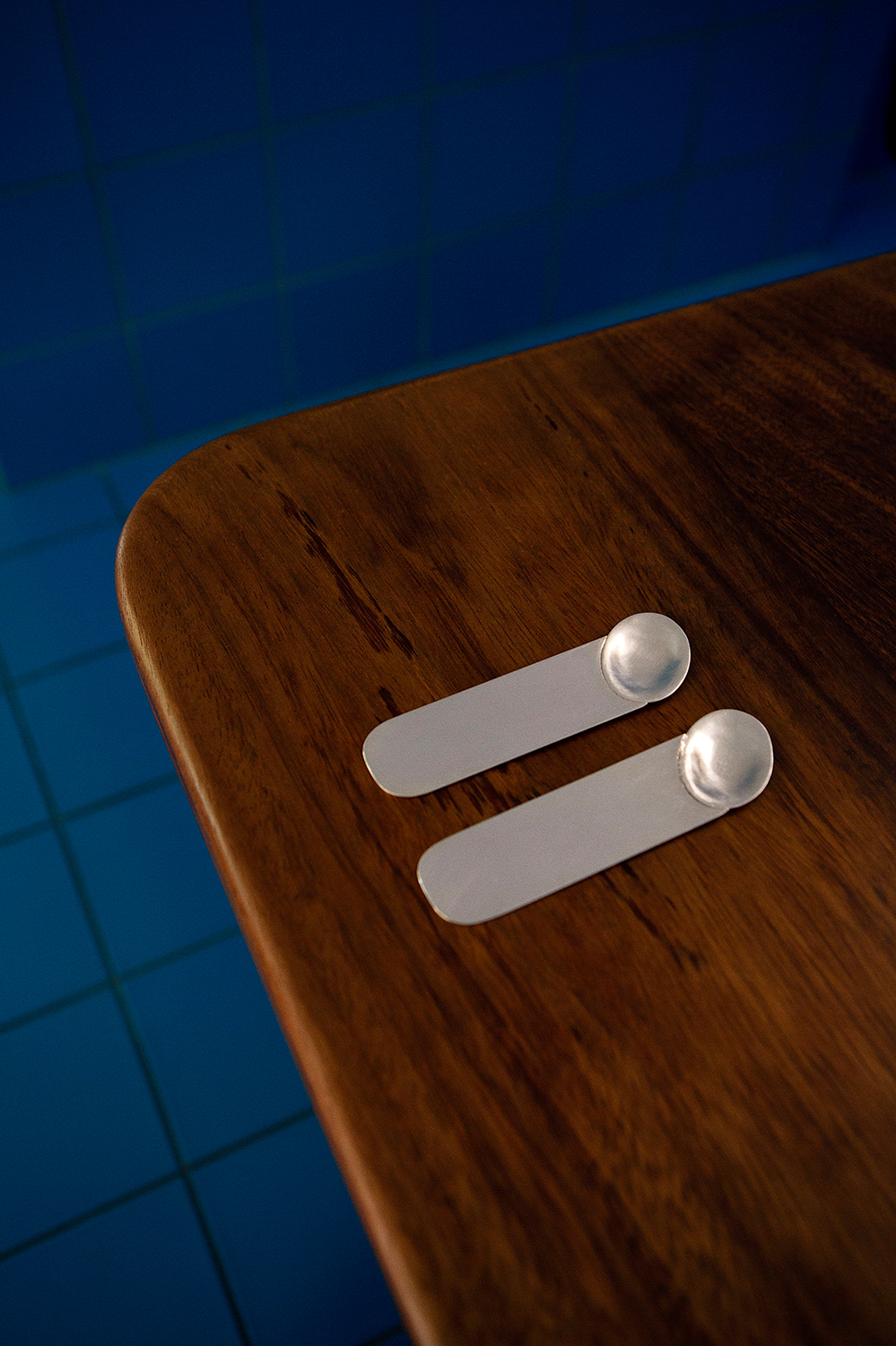
After several years of perfecting a unique culinary offering, Miquel needed to find the words to name his practice. The term Abstract Cuisine seemed the most appropriate: “Abstraction is the only thing that frees you from rules, and it’s the only constant in my work. The name had to be something with no ego, no dogma, no doctrines; it could have a few little rules, but very abstract, very liberated.”



